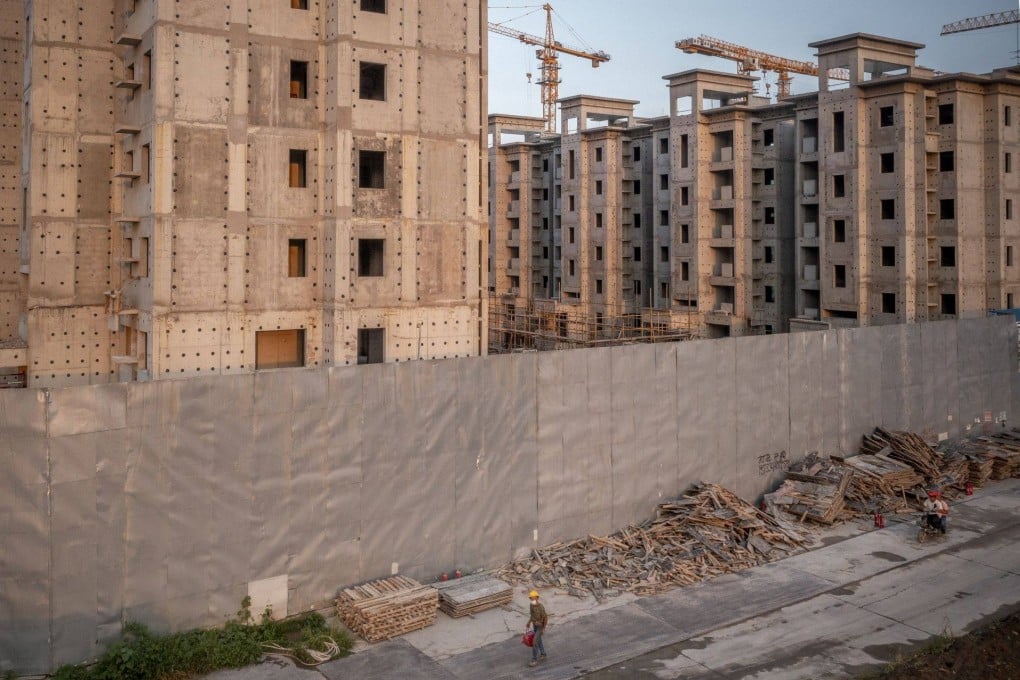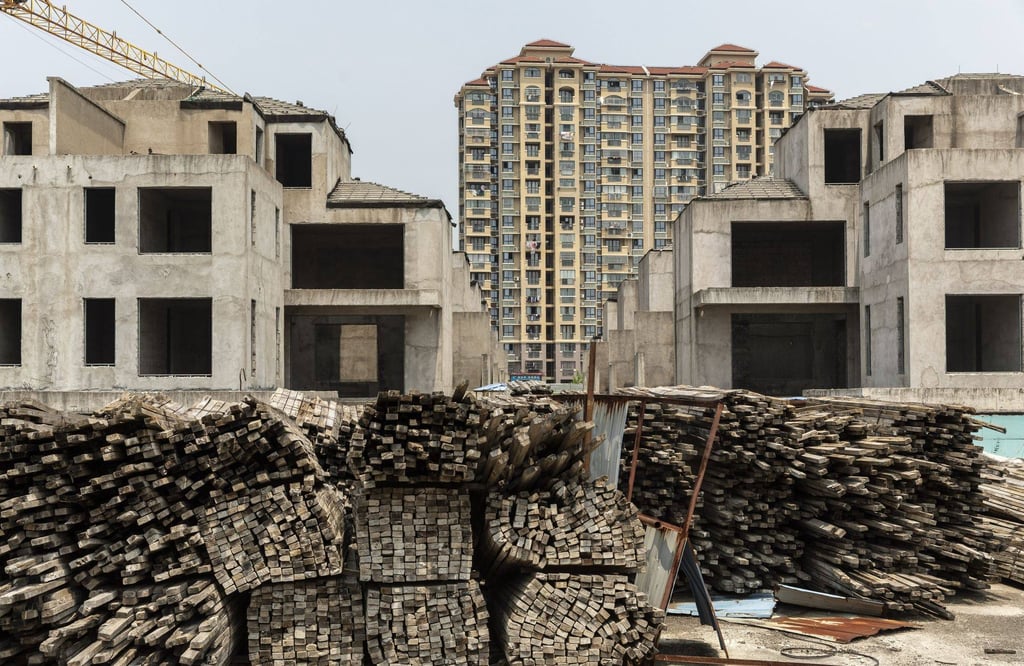The View | China is not going to bail out its property sector, despite investors’ wishful thinking
- Investors are hoping China’s property crisis is finally dire enough for Beijing to step in with a relief package
- But policymakers have other priorities, like curbing speculation and containing Covid-19, and will not easily bow to market pressure

One of the most enduring mantras in financial markets is “bad news is good news”. This is when economic and financial developments are so dire that investors treat them as positive signs because they make it more likely that policymakers will be forced to take measures to restore confidence.
A classic example was former European Central Bank president Mario Draghi’s famous pledge in July 2012 to do “whatever it takes” to preserve the euro zone, if necessary buying an unlimited amount of a troubled member state’s public debt.
Draghi’s words alone allayed fears about the break-up of the bloc, and encouraged Western policymakers to use the same phrase in March 2020 when they promised to counter the financial and economic fallout from the eruption of the Covid-19 pandemic.

It’s easy to lose count of the number of times pledges by Beijing to defuse risks in the market and ease restrictions on troubled developers have raised expectations that a decisive policy shift is coming.
